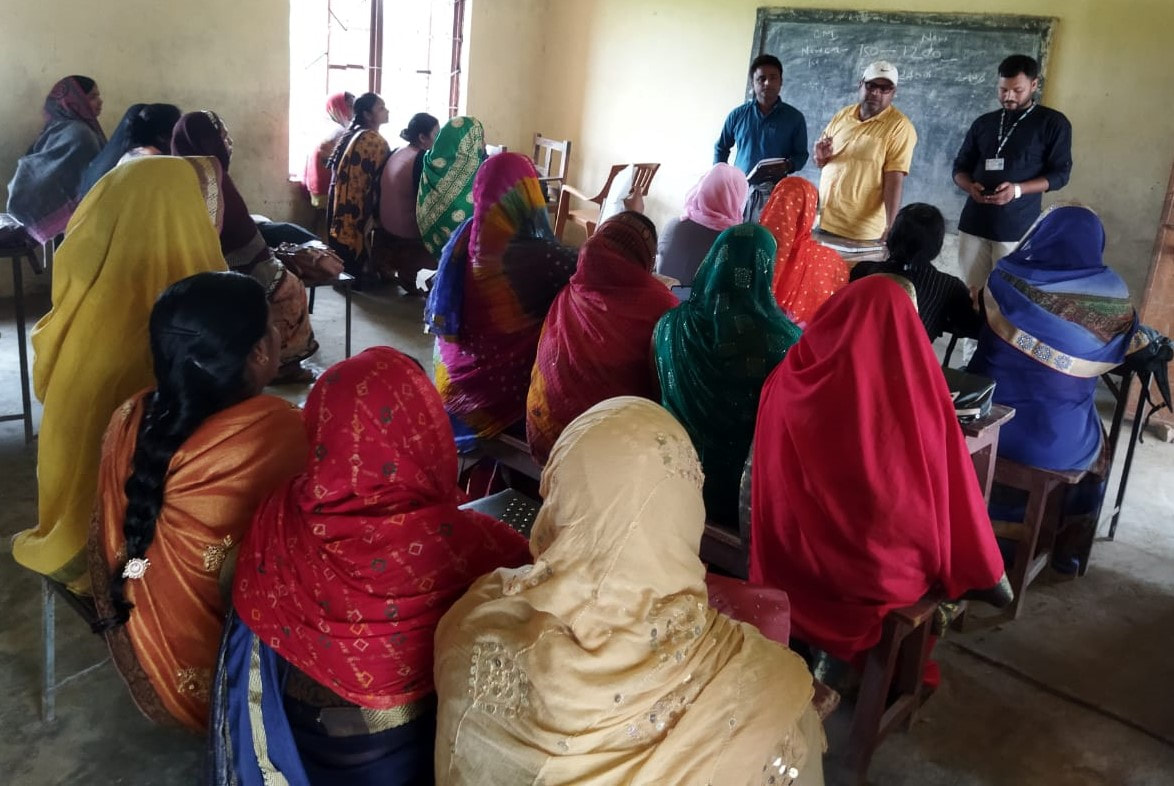|
In a country as populous and diverse as India, the educational landscape and the challenges it faces are multi-layered and complex. Despite the challenges, several non-profit organizations are proactively working to mitigate them and redirect the scenario towards equality in literacy. With philanthropic vision and collaborative forces, these non-profits are turning the pages of educational accessibility in India.
Children facing poverty in India encounter significant educational disadvantages, often being forced out of school to contribute to their family's income for basic necessities. Geographic disadvantage adds even more complex layers to the poverty related drawbacks. In response, several NGOs such as eVidyaloka, Bal Utsav, Pratham Foundation and Magic Bus adopted a direct and focused approach for providing quality education to children from such underprivileged backgrounds. Conversely, organizations like Akshaya Patra Foundation, No Hungry Child, Annamrita take a more indirect yet necessary approach by collaborating with government schemes such as mid-day meal programs, addressing the issue of classroom hunger and ensuring a conducive learning environment. The persistent gender-based literacy gap has been a longstanding issue, dating back to pre-independence times. Non-profits such as Educate Girls, Milaan foundation and Ek Tara are trying to bridge this disparity by making education accessible for girls from rural areas and underprivileged backgrounds, in an attempt to transform their lives and future vision. Following the onset of the pandemic and the ongoing digital revolution, a digital divide has posed a new but significant challenge to educational accessibility. Technology-driven non-profit organizations such as Door Step School, Akansha Foundation and eVidyaloka are playing an important role in uniting the transformative potential of technology with the inherent compassion of humanity, systematically addressing this disparity in digital accessibility. At Turn the Bus, we share the same ideology of technology revolutionizing the educational landscape of India, which we are actively applying to help children from rural areas in Bihar. The landscape of education in India is bumpy, and the roadblocks are multi-dimensional. However, this picture is undergoing a profound transformation, thanks to the dedicated efforts of educational non-profits. From bridging the gender-based literacy divide to leveraging technology for inclusive learning, these organizations are not merely addressing gaps in accessibility but are pioneering change that goes beyond conventional boundaries. The profound impact of education and non-profits driving change in its accessibility can be realized through the words used by Shukla Bose, Founder and CEO of Parikrma Humanity Foundation, as she articulates the transformations they saw in the lives of children hailing from the slums of Bangalore by providing them access to quality education: “When we started our school, the parents would give thumbprints in the attendance register. Now they have started writing their signature. The children have taught them.”
0 Comments
Leave a Reply. |
Archives
March 2024
Categories |
21213 SE 42nd Pl.
Issaquah WA 98029
Issaquah WA 98029
Turn the Bus is a registered 501 (c) (3) US nonprofit organization.
© Turn the Bus. All rights reserved.
© Turn the Bus. All rights reserved.


 RSS Feed
RSS Feed
